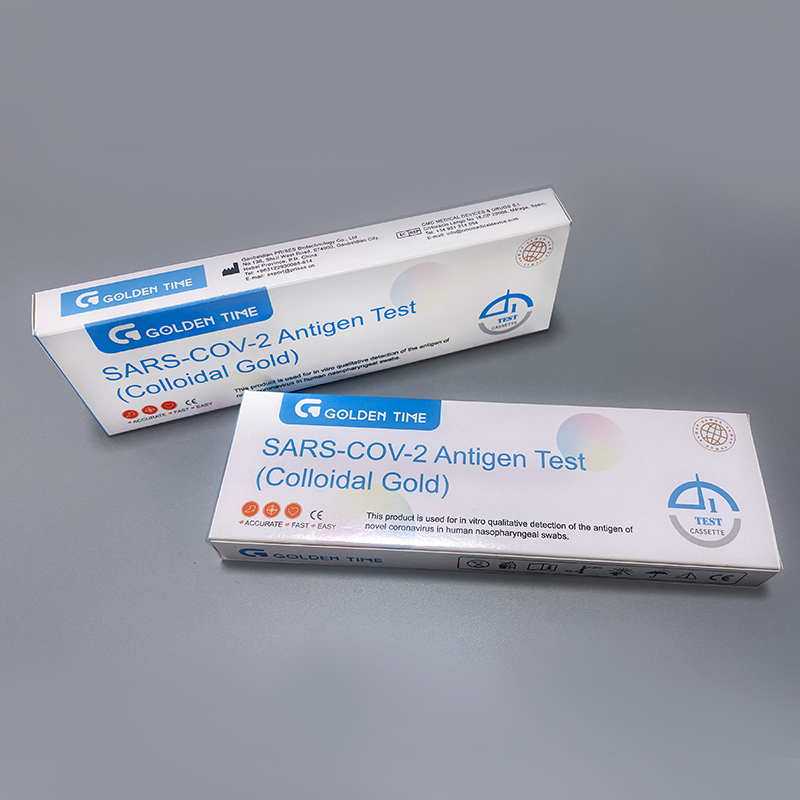8 月 . 15, 2024 09:24 Back to list
Top HIV Testing Kits for Accurate and Reliable Results at Home or On-the-Go
The Importance of Best HIV Kits in Modern Healthcare
Human Immunodeficiency Virus (HIV) remains a significant global health challenge, affecting millions of individuals worldwide. With advancements in technology and medical research, the availability of HIV testing kits has evolved, making it easier for individuals to assess their status confidentially and promptly. This article explores the importance of the best HIV kits, their types, and how they contribute to effective HIV management and prevention.
Significance of HIV Testing
Early detection of HIV is crucial for effective treatment and prevention of disease progression. The Centers for Disease Control and Prevention (CDC) recommend that everyone aged 13 to 64 get tested for HIV at least once as part of routine healthcare. Regular testing allows individuals to know their status, reduces the risk of transmission to others, and enables timely access to antiretroviral therapy (ART), which can significantly improve health outcomes.
Types of HIV Kits
The market offers various HIV testing kits designed for different purposes and settings. Here are some of the best HIV kits available today
1. Home Testing Kits These kits allow individuals to test themselves in the comfort of their homes. They usually involve a simple finger-prick blood test or oral swab. Results are typically available within 20 minutes to a few hours, depending on the kit. Home testing kits are particularly beneficial for those who may feel uncomfortable getting tested in a clinical setting. They provide a level of anonymity and comfort, which can encourage more people to get tested.
2. Laboratory Test Kits These kits require a blood sample to be sent to a laboratory for analysis. They are more accurate than many home testing kits and can detect HIV types 1 and 2. They are often used in healthcare settings and are recommended for confirmatory testing after a reactive home test. Laboratory tests are crucial for establishing a definitive diagnosis and are essential for monitoring the health of those living with HIV.
best hiv kits

3. Rapid Test Kits Rapid tests are designed to produce results quickly, often within 20 minutes. They can be used in various settings, including clinics, community health programs, and outreach events. These tests are easy to administer and offer the advantage of immediate counseling and support for a person receiving a positive result, thereby reducing the anxiety associated with waiting for results.
4. Self-Collect Kits Some kits have emerged that allow individuals to collect their samples and send them to a lab for testing without needing a clinical visit. These kits can increase testing accessibility, especially in underserved communities where healthcare access may be limited.
The Role of Best HIV Kits in Public Health
The best HIV testing kits play a pivotal role in public health initiatives aimed at curbing the spread of HIV. By promoting regular testing through accessible and user-friendly kits, health organizations can reduce stigma and increase the likelihood of individuals getting tested. Moreover, with improved testing capabilities, resources can be allocated more efficiently, enhancing the reach of preventive measures and treatments.
Additionally, the availability of quality HIV kits supports education and counseling programs that provide individuals with vital information about HIV transmission, prevention strategies, and treatment options. Knowledge empowers individuals to make informed decisions regarding their health and lifestyle.
Conclusion
In conclusion, the best HIV kits are instrumental in the battle against HIV. They offer convenience, privacy, and rapid results, which can significantly influence an individual's decision to get tested. As healthcare continues to evolve, the future will likely see even more innovative solutions that make HIV testing accessible and efficient. With early detection and effective management, we can aim toward a future free of HIV stigma and a health landscape where everyone knows their status and receives the care they need.
-
Early Pregnancy Test Kits Accurate & Fast Results Bulk Order Now
NewsMay.30,2025
-
Buy OPK Tests for Pregnancy Detection Bulk Supplier Discounts
NewsMay.30,2025
-
Buy OPK Tests for Pregnancy Detection Bulk Supplier Discounts
NewsMay.30,2025
-
Best At Home H Pylori Test Kits Accurate, Fast & FDA-Certified
NewsMay.29,2025
-
Accurate Syphilis Test Kits Trusted Suppliers & Manufacturers
NewsMay.29,2025
-
Wholesale Stool Occult Blood Test Kits Bulk Supplier Pricing
NewsMay.29,2025

